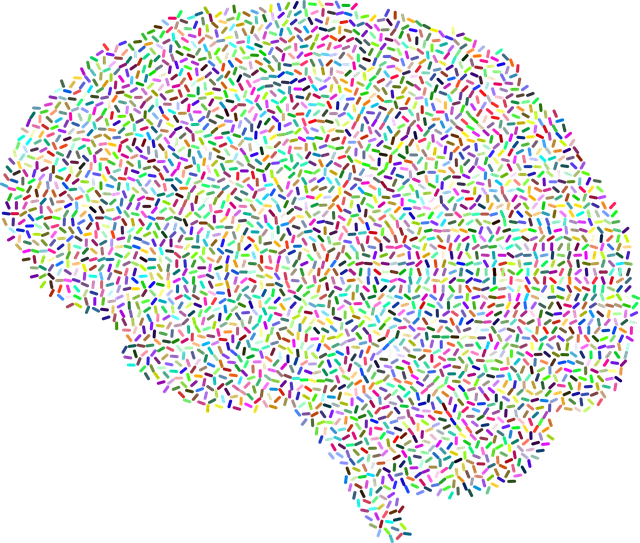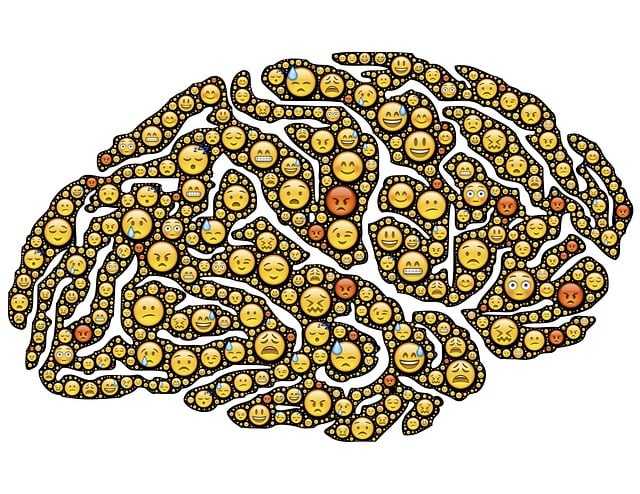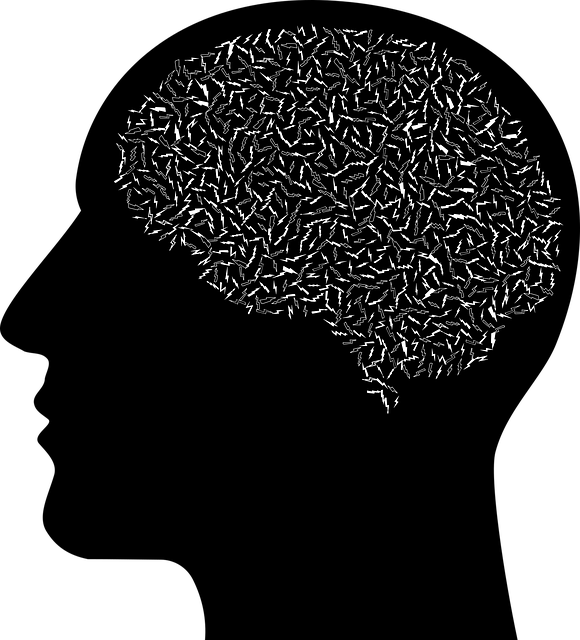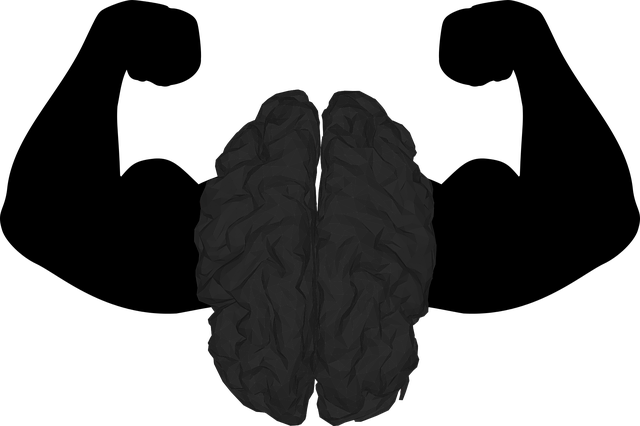Positive thinking is a powerful tool for emotional well-being and brain health, particularly beneficial for managing conditions like Golden Functional Neurological Disorder (GFND). GFND therapy leverages the mind's potential through mental wellness journaling, empathy-building, and affirmations to enhance self-awareness, reframe negative thoughts, and improve quality of life. Regular practice strengthens neural connections, fostering resilience against stress. By combining exercises like gratitude lists with tailored interventions, this therapy empowers individuals to overcome challenges and maintain a positive mindset despite difficulties.
Discover the transformative power of positive thinking with our comprehensive guide. We explore how it impacts brain health, particularly in managing conditions like functional neurological disorders (FNDs). Introducing Golden Functional Neurological Disorder Therapy—a revolutionary approach that leverages mindset shifts to enhance well-being. Learn a step-by-step process for implementing positive thinking exercises and overcome challenges to sustain lasting behavioral changes.
- Understanding Positive Thinking and its Impact on Brain Health
- Golden Functional Neurological Disorder Therapy: Unlocking the Power of Mindset
- Implementing Positive Thinking Exercises: A Step-by-Step Guide
- Overcoming Challenges and Sustaining Positive Thought Patterns
Understanding Positive Thinking and its Impact on Brain Health

Positive thinking, a cornerstone of emotional well-being promotion techniques, has garnered significant attention for its profound impact on brain health. This concept, often linked to emotional healing processes and enhanced emotional intelligence, involves consciously focusing on positive ideas, beliefs, and expectations. By cultivating a positive mindset, individuals can trigger beneficial changes in their brain’s functionality. Research suggests that positive thinking exercises can stimulate areas of the brain associated with happiness, optimism, and stress reduction, ultimately promoting mental resilience.
This approach, especially relevant for those navigating conditions such as Golden Functional Neurological Disorder (GFND), offers a promising therapy. Positive thinking serves as a powerful tool to challenge negative thought patterns and replace them with more adaptive ones. Through regular practice, these emotional healing processes can strengthen neural connections, fostering a healthier brain that is better equipped to handle stress and promote overall well-being.
Golden Functional Neurological Disorder Therapy: Unlocking the Power of Mindset

The Golden Functional Neurological Disorder Therapy is a transformative approach that empowers individuals to unlock the immense potential hidden within their mindset. This innovative therapy recognizes the profound impact that our thoughts and beliefs have on our overall well-being, particularly in managing neurological disorders. By focusing on mental wellness and empathy building strategies, it offers a unique path to healing and personal growth.
One of its key components is the mental wellness journaling exercise guidance, which encourages individuals to reflect and record their thoughts daily. This practice allows for a deeper understanding of one’s emotional landscape, fostering self-awareness and helping to reframe negative thought patterns. Moreover, the therapy incorporates empathy-building strategies that promote positive interactions and relationships, crucial elements in preventing depression and nurturing resilience. Through these techniques, individuals gain the tools to navigate life’s challenges with increased optimism and adaptability, ultimately enhancing their quality of life.
Implementing Positive Thinking Exercises: A Step-by-Step Guide

Implementing Positive Thinking Exercises: A Step-by-Step Guide
The integration of positive thinking exercises can significantly enhance mental well-being, offering a powerful tool for managing conditions like Golden Functional Neurological Disorder (GFND) and even contributing to Mental Illness Stigma Reduction Efforts. This process begins with setting an intention for your practice. Start small, perhaps with 10 minutes daily, and find a quiet space where you can focus without interruptions. Next, choose exercises that resonate with you; this could include affirmations, gratitude lists, or visualization techniques. For instance, writing down three things you’re grateful for each day can shift your mindset towards positivity and foster Conflict Resolution Techniques in navigating challenges.
As you engage in these practices consistently, you’ll notice a gradual change in your perspective. Incorporate these exercises into your daily routine to combat Burnout Prevention and maintain mental resilience. Remember, positive thinking is not about ignoring negative emotions but rather adopting a more optimistic lens that allows for healthier coping mechanisms.
Overcoming Challenges and Sustaining Positive Thought Patterns

Overcoming challenges is a pivotal aspect of fostering positive thought patterns, especially when navigating conditions like Functional Neurological Disorder (FND). Golden Functional Neurological Disorder Therapy recognizes that challenges are inevitable but offers strategies to transform them into opportunities for growth and resilience. Through tailored interventions, individuals learn to reframe negative thoughts and perceptions, thereby enhancing their ability to cope with life’s hurdles. This process involves developing a strong support system, including Trauma Support Services, which plays a crucial role in addressing any underlying trauma contributing to the disorder.
Sustaining positive thought patterns requires consistent effort and self-awareness. Mental health professionals can facilitate this by incorporating effective risk management planning into their practice. By teaching clients tools for stress mitigation, emotional regulation, and healthy coping mechanisms, they empower them to prevent burnout and maintain a positive mindset even during difficult times. This proactive approach ensures that individuals with FND or similar conditions can lead fulfilling lives by navigating challenges with resilience and adaptability.
The implementation of positive thinking exercises, as highlighted in this article, offers a promising approach to enhancing brain health, particularly for those managing conditions like Golden Functional Neurological Disorder. By following a structured guide and overcoming common challenges, individuals can unlock the power of mindset transformation. This not only contributes to improved cognitive function but also fosters a more resilient and fulfilling life. Embracing positive thinking as a therapeutic tool has the potential to revolutionize how we navigate mental well-being in today’s world.














